More On: China
In Mao's China, people were watched even when they talked in their sleep
China could have up to six more 'illegal police stations' in the US and hundreds all around the world
There Has Been a Sharp Rise in Time Parity
Biden says that US troops will protect Taiwan, but the White House takes back what he said
Hunter Biden says he is poor when he tries to cut child support for his 4-year-old daughter
For several years, Chinese conglomerates have been buying stakes in American companies and real estate.
In reality, the concept of a firm from a communist nation controlling a U.S. news agency caught many people off surprise.
Chinese firms, on the other hand, possess part or all of a number of enterprises that have a daily influence on American life, yet many Americans are unaware of it. Whether you're going to the movies, washing your clothes, or cooking dinner, there's a good chance some of your money will end up in China.
Here are some of the more symbol business names that are owned by Chinese investors.
AMC

Dalian Wanda Group paid $2.6 billion for the nation's largest movie theater network in 2012. Dalian's owner, Chinese millionaire Wang Jianlin, has a penchant for Hollywood, having purchased a large film studio (see below). AMC also acquired Carmike Cinemas for $1.2 billion in November. Jianlin also attempted to acquire a controlling position in Paramount Pictures in 2016, but the deal was rejected by parent company Viacom.
GE Appliances

General Electric's stoves, refrigerators, washers, and dryers have been there for more than a century, but the legendary company's appliance sector has been Chinese controlled since 2016. Qingdao Haier's $5.4 billion acquisition of an offshore electronics company was China's largest. GE Appliances is still based in Louisville, Kentucky, and operates as a separate division.
Chicago Stock Exchange
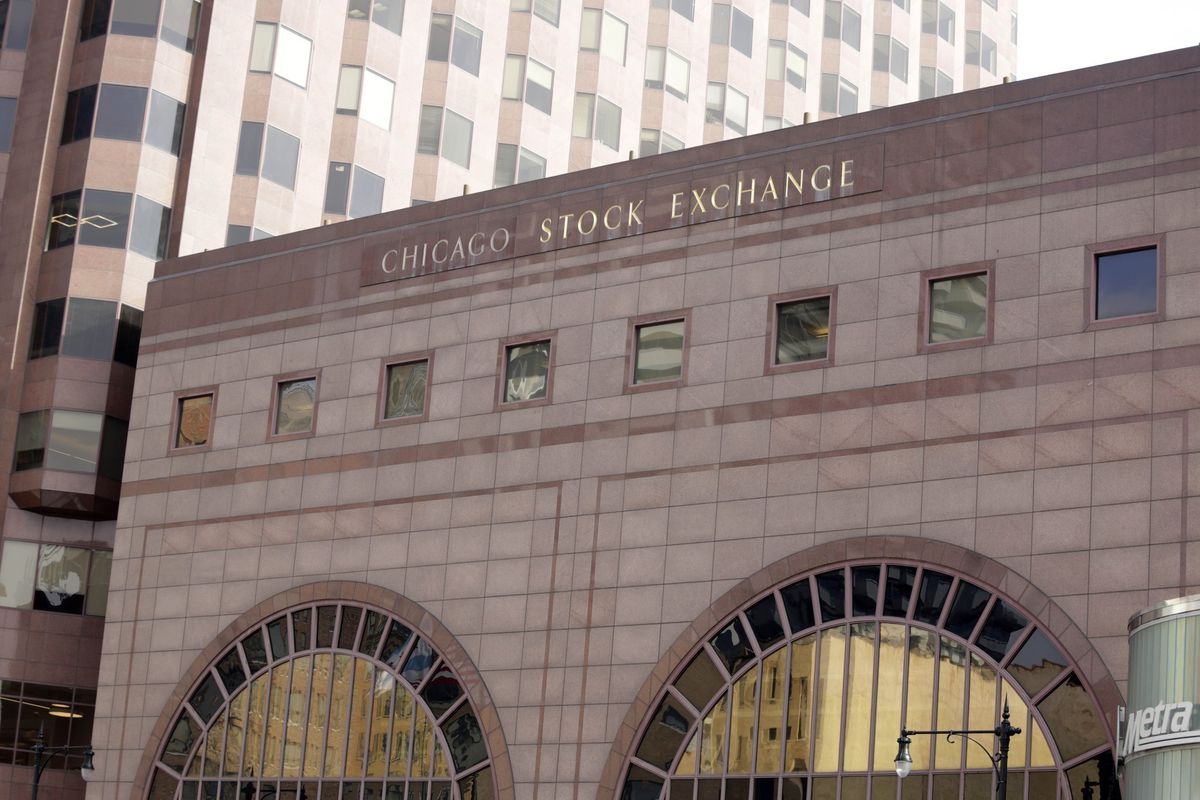
While this transaction is still in the works, it passed a significant obstacle in late December when it received approval from the Committee on Foreign Investment in the United States. Despite certain concerns aired in Congress, the organization stated it had "no outstanding national security issues" about the transaction. According to reports, China's Chongqing Casin Enterprise Group (which has no links to the Chinese government) intends to utilize the exchange to provide more Chinese enterprises access to the US market. (The deal is currently being reviewed by the Securities and Exchange Commission in the United States.) The exchange price was not disclosed publicly, but Bloomberg reported it to be less than $100 million.
Smithfield Foods
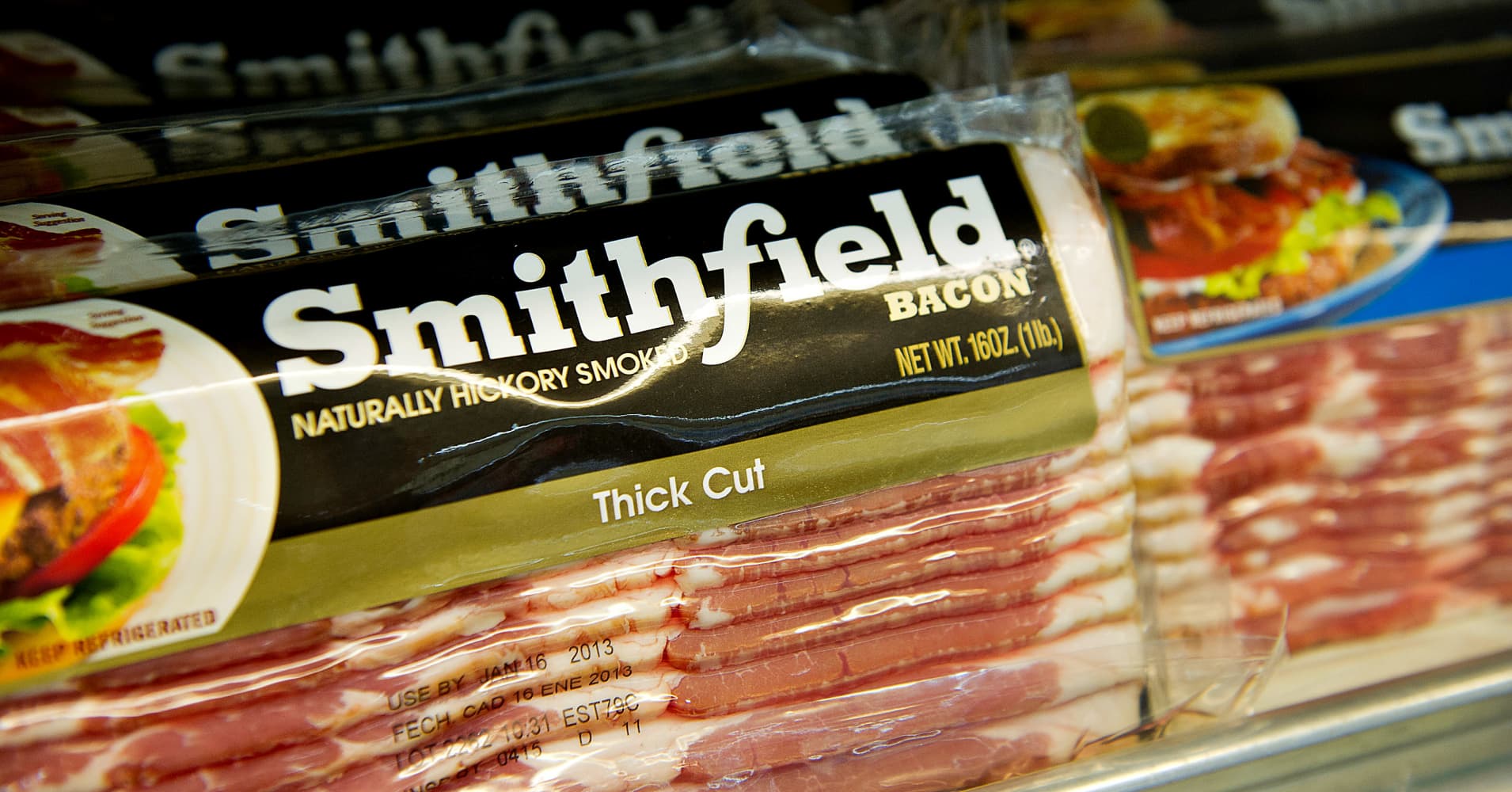
This $7.1 billion acquisition, finalized in 2013, is still the largest purchase of an American company by a Chinese entity. Smithfield Foods, situated in Virginia, has long been a symbol of the American food industry, best known for its hams (especially its holiday ham). The transaction sparked debate and anxiety at the time, but Smithfield has since flourished, increasing employment and setting a sales record in 2014.
The Waldorf Astoria
![]()
The buyer of this well-known Manhattan hotel, Anabang Insurance Group, was unknown in 2014, when it paid almost $2 billion for the property. However, it has since become a more familiar brand to investors, having purchased US insurer Fidelity & Guaranty Life last year and seeking to acquire Starwood Resorts, only to lose out to Marriott at the last minute.
Despite its huge purchasing profile, it is one of the most enigmatic Chinese acquirers, as the company's leadership is unknown to outsiders. (The Wall Street Journal reported that the company is controlled by more than 30 corporate investors, but the Journal was unable to confirm this.)
Legendary Entertainment Group
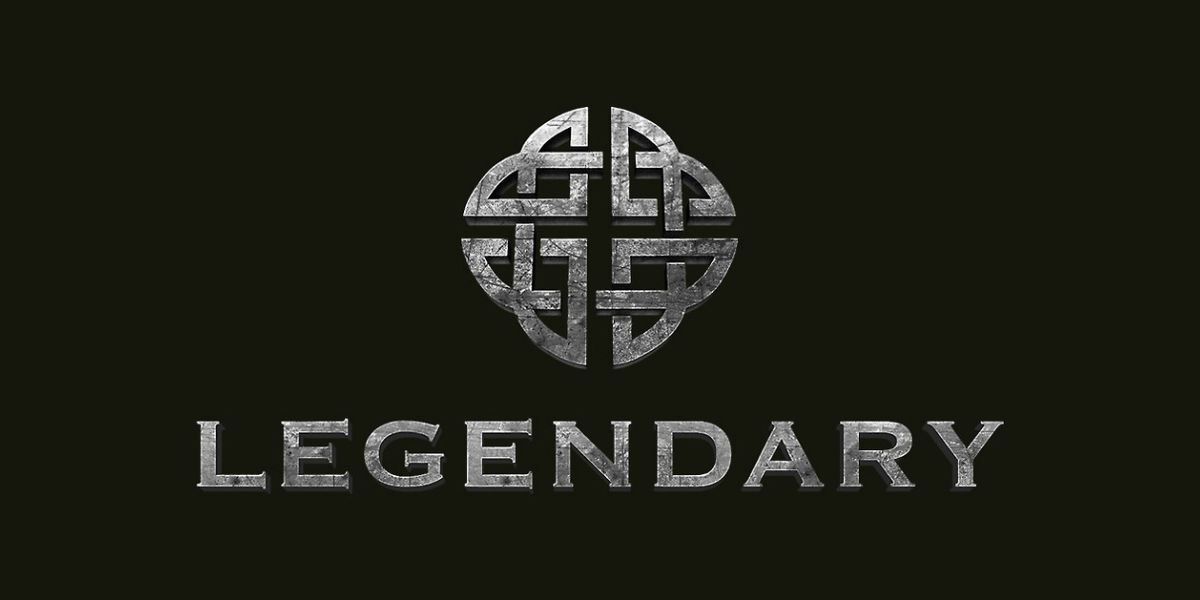
Dalian Wanda purchased a movie studio in 2016 to go along with its cinemas after gaining a taste of show business with the purchase of AMC. Dalian was named co-financier of "Jurassic World," "Warcraft," and "Pacific Rim" in the $3.5 billion transaction. Initially, the firm intended to merge Legendary into its conglomerate, but instead opted to operate it separately for the time being, until the studio can demonstrate a consistent stream of revenues.
Riot Games
"League of Legends" is one of the most popular video game franchises, and it is partly to blame for the eSports growth of the last eight years of 2016. Riot Games began as an independent game developer before becoming a billion-dollar franchise.
Tencent, a Chinese holding corporation, purchased a majority share in Riot for $400 million in 2011, then the remainder of the company for an unknown sum in 2015. Tencent also has shares in Activision-Blizzard and Epic Games, the creators of "Gears of War."
Strategic Hotels & Resorts
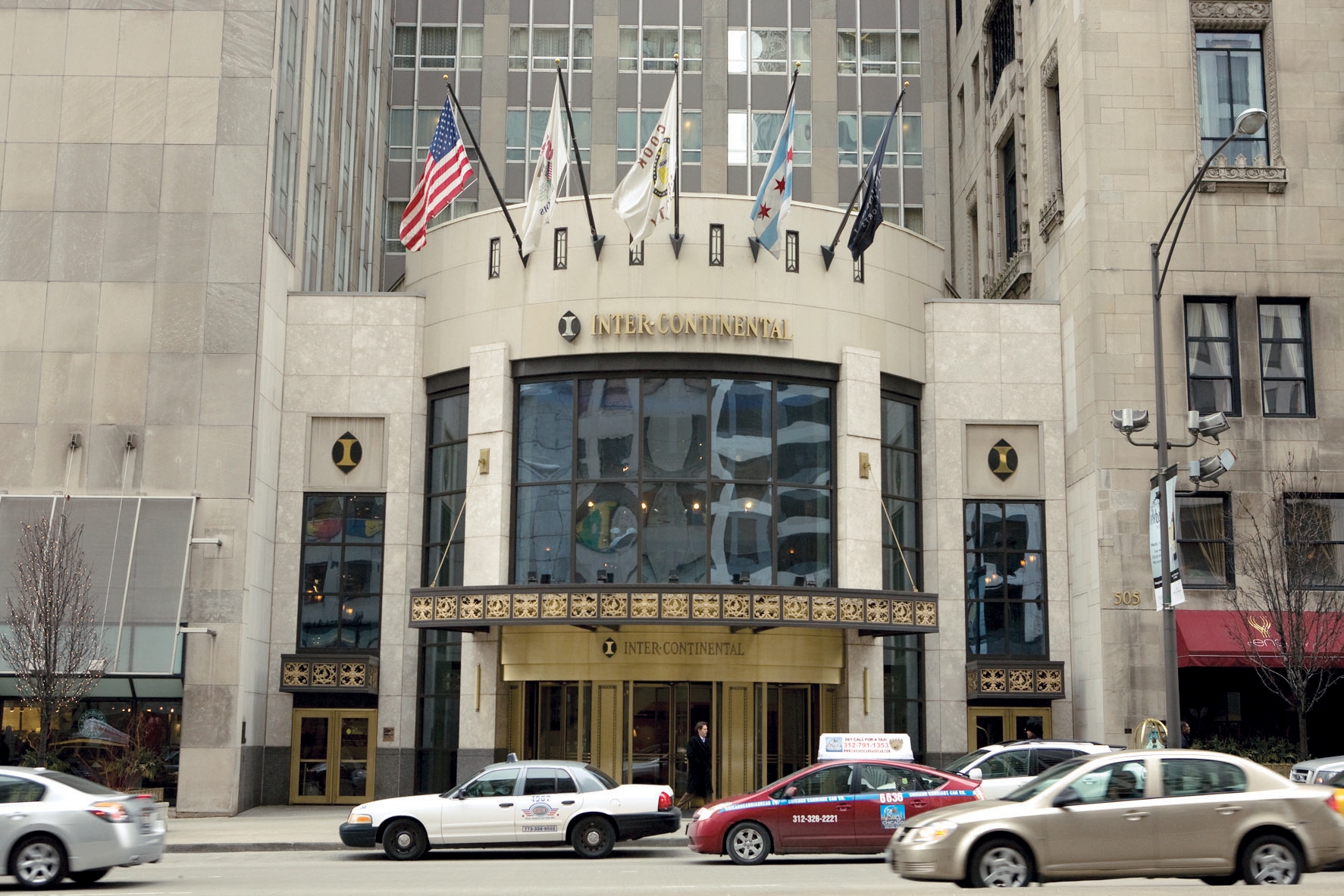
Anabang's involvement in the hotel industry extended beyond the Waldorf and Starwood. Last 2016, Blackstone Group sold its premium hotel portfolio to the Chinese firm for $3.93 billion (about $6 billion, including debt). Anabang will be in charge of 16 properties, including various Ritz-Carlton locations in California, the Fairmont Scottsdale in Arizona, and the Four Seasons Resort in Jackson Hole, Wyoming, under the terms of the agreement.
Motorola Mobility

Motorola was a pioneer in the telecommunications industry, going back to 1928. As mobile devices grew in popularity, it broke off its handset division as the independent Motorola Mobility, which was purchased by Google in 2012. However, two years later, Google revealed that it was selling the operation to China-owned Lenovo for $2.9 billion, making Lenovo the world's third-largest smartphone manufacturer.
Ingram Micro
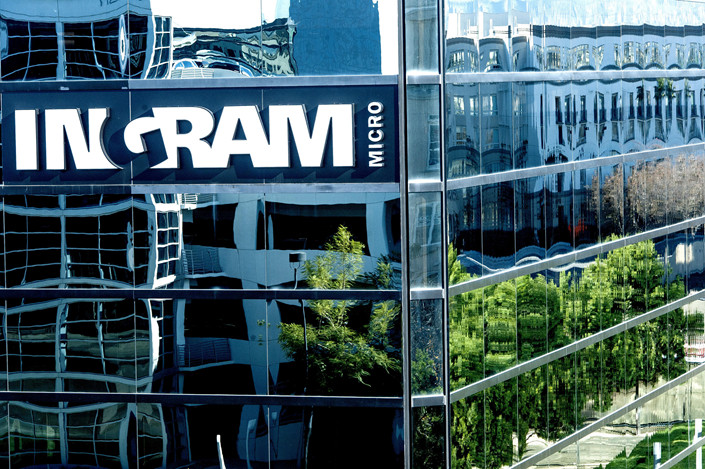
Consumers may be less acquainted with Ingram Micro's brand, but the business distributes everything from Apple's iPhone to Cisco's network equipment. Last 2016, China's HNA Entity (the same group bidding on Forbes) paid $6 billion for the company.
When the transaction was completed in December, it effectively stopped public trading of Ingram's shares, but the firm continues based in Irvine, California, with the same CEO.




















